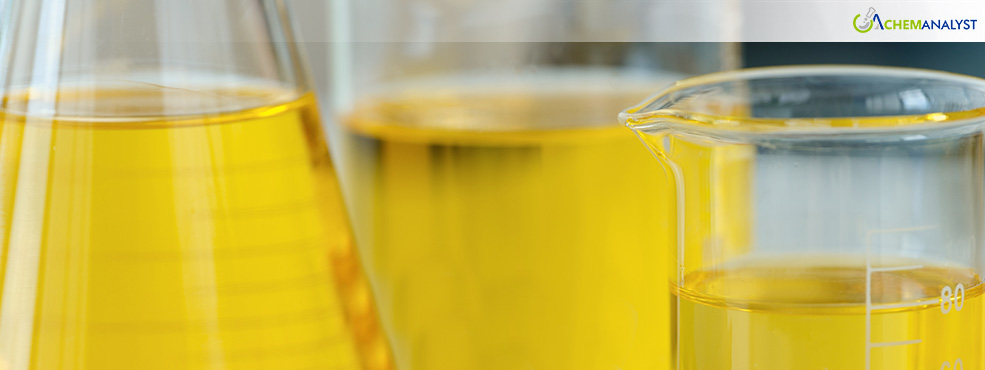Welcome To ChemAnalyst

As of mid-June 2025, the methyl n-amyl ketone (MAK) market is facing significant pressure, with prices falling in India and the U.S. due to weak demand from the automotive and coatings sectors. Declining acetone prices and industrial slowdown have further impacted MAK’s value. Analysts expect continued softness in the market, urging cautious inventory and procurement strategies until industrial activity recovers.
The market for methyl n-amyl ketone (MAK) is in a major slump as of mid-June xxxx, with prices starting to decline in key markets such as the US and India. Its primary downstream industries, particularly the automotive industry have depressed MAK&#xx;s price due to low demand. MAK is a highly sought-after solvent used extensively in the production of paints, coatings, adhesives and industrial cleaning agents. As the chemical is sensitive to economic trends, the recent downturn in industrial production has negatively impacted consumption and market sentiment. The market&#xx;s overall bearish sentiment has also been compounded by falling feedstock prices notably acetone.
In mid-June, India&#xx;s MAK price plunged to a record USD x,xxx per metric ton. It is directly linked to the domestic automobile industry&#xx;s poor performance, which utilises MAK heavily in vehicle paints, adhesives and maintenance products. The demand...
We use cookies to deliver the best possible experience on our website. To learn more, visit our Privacy Policy. By continuing to use this site or by closing this box, you consent to our use of cookies. More info.
